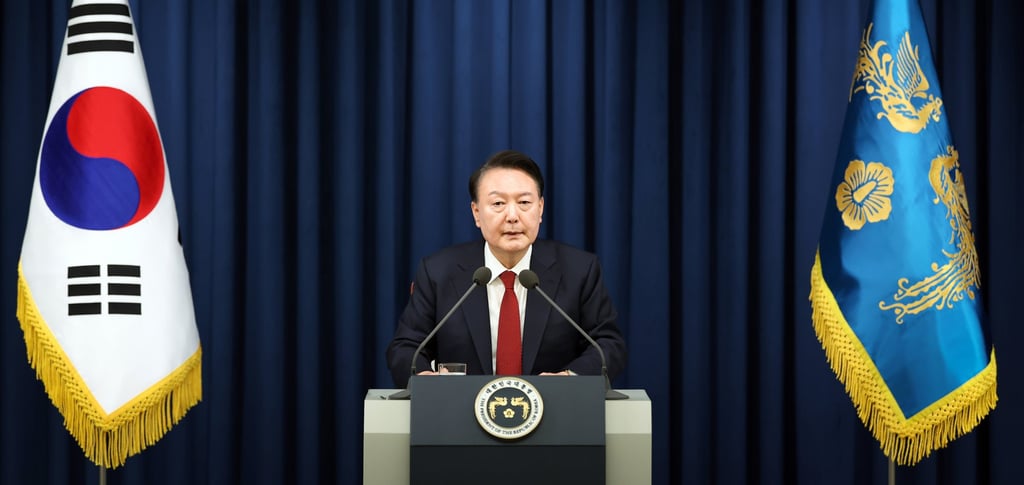Special Prosecutor Investigation on Emergency Martial Law to Begin Soon

On October 10, the National Assembly passed a motion for a special prosecutor to investigate President Yoon Suk-yeol and others for their alleged involvement in insurrection related to the 'emergency martial law situation.' The special prosecutor is expected to be appointed by November 8 at the earliest. Following a 20-day preparation period, a 60-day main investigation will commence. The ongoing investigations by the prosecution, police, and the Corruption Investigation Office for High-ranking Officials (공수처) regarding the emergency martial law must be transferred to the special prosecutor within a month.
The passed motion names several individuals as subjects of the investigation, including President Yoon, former Minister of National Defense Kim Yong-hyun, former Army Chief of Staff Park An-soo, National Police Agency Commissioner Jo Ji-ho, and Seoul Police Chief Kim Bong-sik. Additionally, Prime Minister Han Duck-soo, former floor leader of the People Power Party Choo Kyung-ho, and former head of the Military Counterintelligence Command Yeo In-hyung, who attended the Cabinet meeting before the declaration of emergency martial law, are also included.
The special prosecutor system is divided into 'permanent special prosecutors' and 'general special prosecutors' established through separate legislation. While the general special prosecutor faces significant challenges in negotiations due to differing opinions between the ruling and opposition parties regarding the scope and targets of the investigation, the permanent special prosecutor system, introduced in 2014, allows for a quicker activation without the need for individual legislation.
With the motion for the permanent special prosecutor now passed, President Yoon must promptly request the special prosecutor candidate recommendation committee to propose two candidates. The committee is required to recommend these candidates to the president within five days, after which the president has three days to appoint one of them. This means the special prosecutor could be appointed as soon as November 8. Legally, the president cannot exercise veto power over the appointment of a permanent special prosecutor, although there is a possibility that President Yoon could delay the activation of the special prosecutor.
The Democratic Party plans to handle a general special prosecutor law that allows for up to 40 dispatched prosecutors and a maximum investigation period of 150 days in the National Assembly on November 12. Their strategy is to launch the permanent special prosecutor first and then absorb investigation personnel if the general special prosecutor law is passed, enabling a large-scale investigation.
What do you think?
0 reactions





